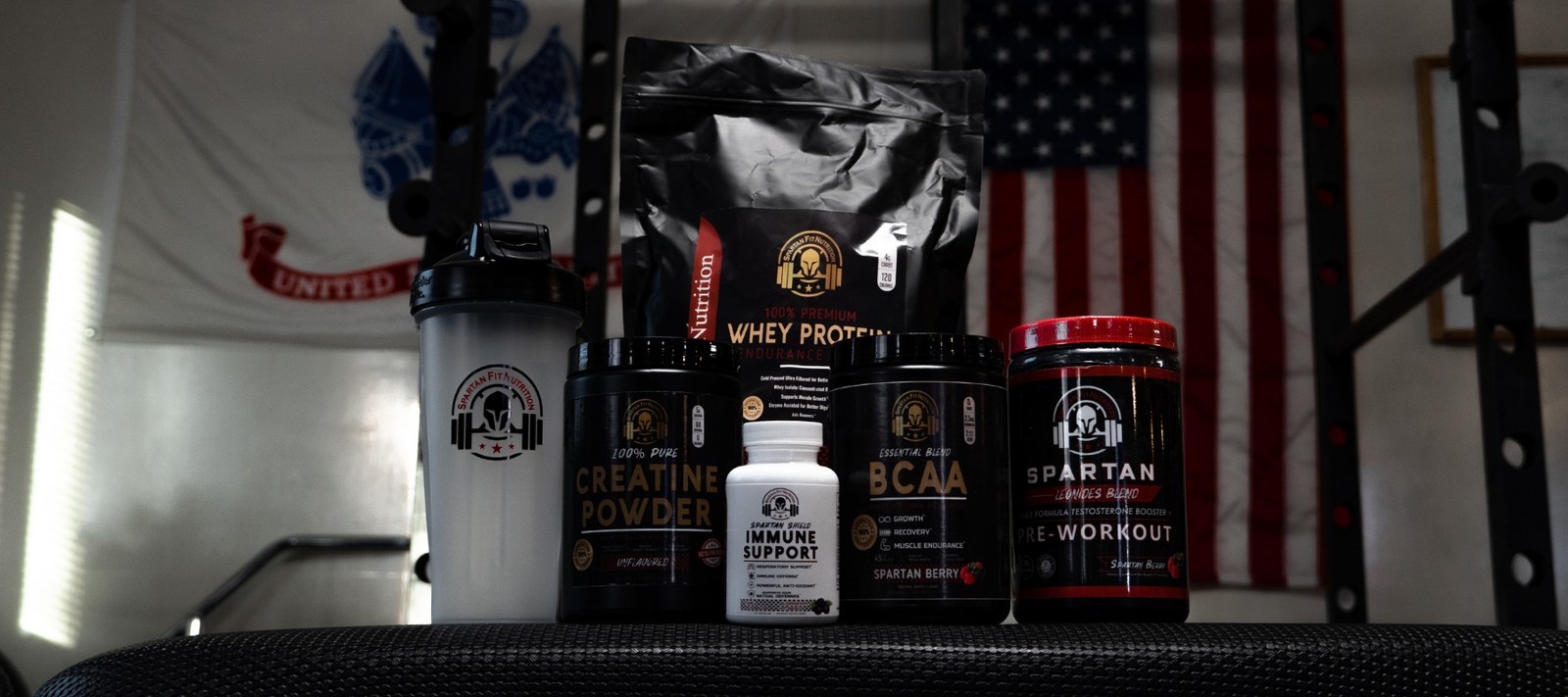Cortisol: Should You Really Be Worried About This 'Stress Hormone'?
You've probably heard of cortisol, often referred to as the "stress hormone," especially if you've been scrolling through health tips online. There's a lot of talk about it—some claiming your body is running low on it, while others warn you're producing too much. But what's the real deal with cortisol? Let's break it down in simple terms.
What Exactly Is Cortisol?
Cortisol is a steroid hormone produced by your adrenal glands, which sit on top of your kidneys. Despite its reputation as the "stress hormone," it does a lot more than handle stress. It's involved in some of your body's most essential functions, like managing metabolism, regulating sleep, controlling inflammation, and supporting your immune system. Without cortisol, our bodies wouldn't be able to function correctly.When you're stressed, your body activates a chain of reactions that signals your adrenal glands to release cortisol. This gives you a burst of energy to handle the situation, whether it's a real danger or just daily stress, like a tough day at work. Once the stress is gone, cortisol levels should return to normal, helping your body regain its usual balance.
Should You Be Worried About Your Cortisol Levels?
While cortisol is essential, having too much or too little can cause problems. For example, certain health conditions can lead to imbalances:
Too much cortisol: This can happen due to conditions like Cushing's syndrome, which is often caused by a tumor in the pituitary gland. Symptoms include weight gain, muscle weakness, high blood sugar, and easy bruising.
Too little cortisol: If your body isn't producing enough cortisol, you could have Addison's disease. This can leave you feeling extremely tired, dizzy, and with dark patches on your skin. You might also lose your appetite.
These conditions are rare, and while they can be challenging to manage, they're usually diagnosed with the help of a doctor. It's important to note that symptoms like fatigue, weight gain, or anxiety can be caused by many different factors, not just cortisol imbalances. So, while cortisol plays a crucial role, it's often over blamed for common health issues.
The Bottom Line
Cortisol is necessary for your body to function, and most of the time, your body knows how to regulate it just fine. However, if you're experiencing persistent health issues like extreme fatigue or unexplained weight changes, it's always a good idea to talk to a doctor. Just don't jump to conclusions based on what you've seen on social media—imbalanced cortisol levels are less common than they may lead you to believe.So, should you be worried about cortisol? Only if you've been diagnosed with an imbalance. For most people, it's just another hormone helping your body keep things running smoothly.



